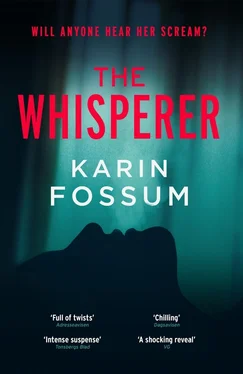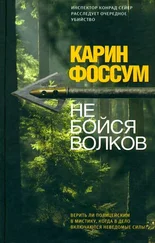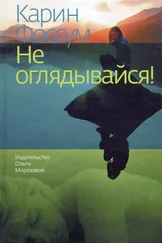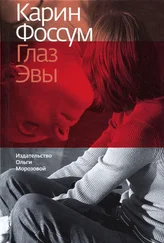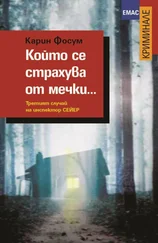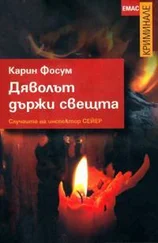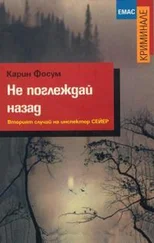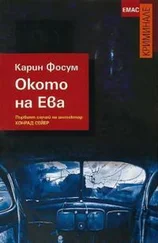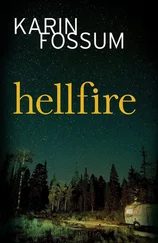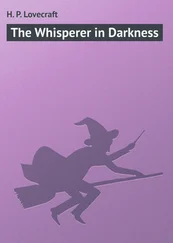When she came back out into the shop, she could not see Gunnhild anywhere. Instead she bumped into Audun who was struggling with a big box of Casio watches. Every watch had to be hung on a rotating display stand by the till. Ragna noticed that he admired the watches before he put them on the stand. He stood with a watch in his hand. He was still just as quiet, even though he had been working there for several weeks now.
‘Life must have been much simpler before,’ he said pensively. ‘Before people had clocks and watches. They got up when the sun came up, and they went to bed when it got dark. When they were hungry, they ate.’
‘Would you rather live like that?’ Ragna asked.
‘To be honest, yes.’
He spoke without looking at her. He put the watch on the stand, bent down over the cardboard box and took out another. Every watch came in a nice white box that was lined with velvet.
‘There are so many of us now,’ Ragna said. ‘We need a way to structure our days.’
‘There are lots of ants in an anthill too,’ he replied, ‘and everything works perfectly well, even though there’s no clock on the wall. Everyone knows what they have to do. Everyone knows their place.’
‘So you would rather be an ant then?’
‘Basically, yes.’
‘But you’ve never been inside an anthill,’ she whispered. ‘Maybe it’s completely chaotic, maybe they kill each other too. When someone takes their place.’
He granted her a brief smile, which did not happen often, but still did not look her in the eye. It was definitely a breakthrough though, the fact that he had opened up and passed a few comments, and he had not done that with anyone else, so he must trust her. Even though he had stolen her seat on the bus. And he longed for another era. She felt chosen, because he had confided in her, and she was not used to being chosen.
‘I don’t think things were much better before,’ she whispered.
‘But I do,’ he replied, just as quietly.
Her thoughts soon turned back to Gunnhild’s suggestion of a weekend in Berlin, and what she should say the next time she brought it up. Towards the end of her shift, Ragna resolutely walked over to the card stand by the till. What if she sent another note to her son’s usual address, just to make sure that he really had moved and was somewhere else? If this was also returned, then she definitely had a problem. But she was not going to give up that easily — after all, did she not live in an orderly world? With clocks and calendars and a postal service? As well as German efficiency? She studied the cards, one by one. Most of them were of kittens and puppies, printed with ‘Happy Birthday’ or ‘Thank You’, and the others were the kind with wise words on the front. Not that it mattered. The purpose was to double-check. She picked a card of a pony. She was going to give the post office in Berlin a second chance.
When she got home, there were no anonymous letters in the mailbox. Not the next day either, nor in the weeks that followed. She wondered how much time she should let pass before she might possibly be able to see it as a closed chapter in her life, before she could take out the local paper without having to look over her shoulder, before she could walk the forty-eight steps up to the house without counting. But she could not stop. She had become one big counting machine. Everything was ticking and whirring and striking inside her.
She crossed the road and went into Irfan’s shop, stood there chatting by the counter for a while. Because from where she was standing, she could see straight over to her house, with the lights on in all the windows. In other words, Irfan could see both her house and her mailbox when he was at work. She had picked up a couple of small things that she put down by the till. He had made a very simple leaflet of his special offers, and there was a pile lying there.
‘There’s so much paper in my mailbox these days,’ she commented, watching him carefully all the while. ‘Brochures and adverts and special offers. It’s never been this bad before. And it’s all junk mail. I just put it straight in the fire.’
She tried to see if there was anything in his eyes, if he was being evasive. Or something that resembled guilt. Or triumph. If he was the one creeping up and down Kirkelina in the dark, handing out threats. Or if he had seen a stranger with his hand in her mailbox.
He punched in the product codes as swiftly as he always did.
‘Soon Christmas,’ he said. ‘Lots of adverts. It’s up to you to take it here. You can read in the shop and then throw it away over there.’
He pointed to a rubbish bin by the door.
She picked up a brochure to be kind, and asked him to pop it in the bag.
‘Do you normally celebrate Christmas?’ she wanted to know.
‘No Christmas tree. But we have four kids and they want presents. They learn about it at school.’
He rolled his eyes.
‘But no Santa Claus?’ Ragna whispered, and smiled.
‘We have our own things from Turkey,’ he said.
‘Do you have a special meal?’
‘Oh yes. I make the food.’
‘Not your wife?’
‘No, I’m a cook.’
‘You mean a trained chef? From Turkey?’
‘Yes. But I can’t get that sort of work here. I tried from the start, I’ve been trying for years.’
There was a sting in his voice, a bitter undercurrent.
Ragna paid and took the bag that he held out to her.
‘Maybe you should change your name?’ she suggested.
‘I’ve thought about it,’ he admitted. ‘Then I might at least get an interview. No one wants to employ someone called Baris.’
‘Have the Sois been in to shop yet?’ she asked. ‘The new people from Thailand? The ones that have moved into the Teigens’ house.’
‘Been in here a lot.’
‘I heard that they’re going to open a restaurant, maybe you should talk to them?’ she suggested. ‘But perhaps you can’t make Thai food.’
‘I make everything,’ he said. ‘I’m just not being given the chance.’
Ragna wanted to comfort him. She was ashamed of her fellow countrymen. She stood there by the counter, trying to think of something to say.
‘Well, your shop is wonderful,’ she whispered. ‘A lot of people really appreciate it.’
‘If so many people like it, why have I not made more money?’ he replied.
He spoke without looking at her, just like Audun. Their conversation had brought up a lot of frustration, and she was sorry.
‘If I had been a brain surgeon,’ he said sharply, ‘I still wouldn’t have got a job. A brain surgeon doesn’t look like me, and the Norwegian authorities would question my qualifications. But if they did let me go to the operating table, I would use my scalpel well, believe me. On Norwegian brains.’
He tapped his temple with his finger.
She looked at him, horrified, and could not think of an answer. There was a deep resentment there that she had not seen before, like a slumbering volcano, she thought, and she tried to visualise his anger and what would happen if he erupted. She tightened her hold on the carrier bag and left, hurrying across the road. There was suddenly something strange about Irfan. He had not looked at her in the shop, but when she turned her back, she felt his eyes burning into her.
The card of a pony had been sent to Berlin. She had written the name and address in big, clear letters, so they could not be misread. Gunnhild’s suggestion of a trip to Berlin had made her nervous, and she worried that it might come up again in the conversation. But at the same time, she was touched. No one else would have given her an invitation like that, an opportunity to experience something together, just the two of them. It was the sort of thing women did sometimes, when they had friends. She could suggest an alternative, Copenhagen or Stockholm or London, anything to avoid more questions about her son. Gunnhild could talk for her in noisy restaurants and shops. She could order the food and sort out anything else. She prepared some answers, memorised them until she knew them word for word, until she was certain they would sound spontaneous and unforced, if Gunnhild continued to push her about Berlin.
Читать дальше
